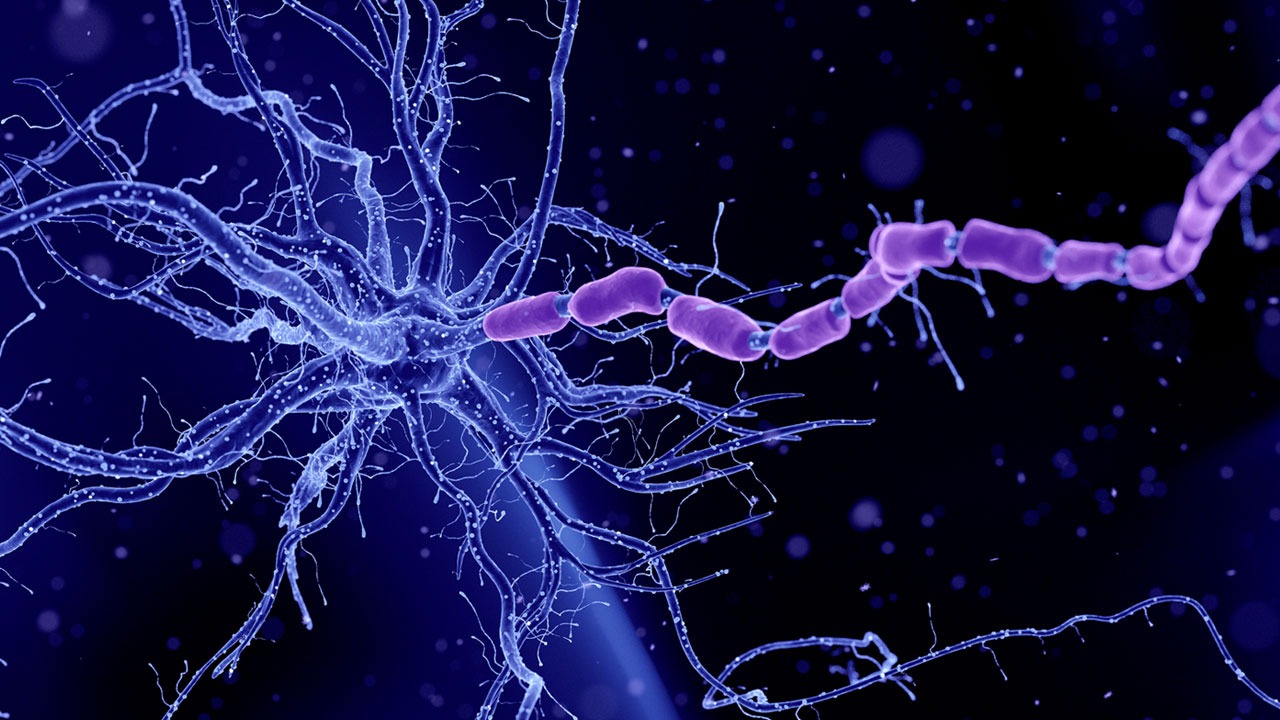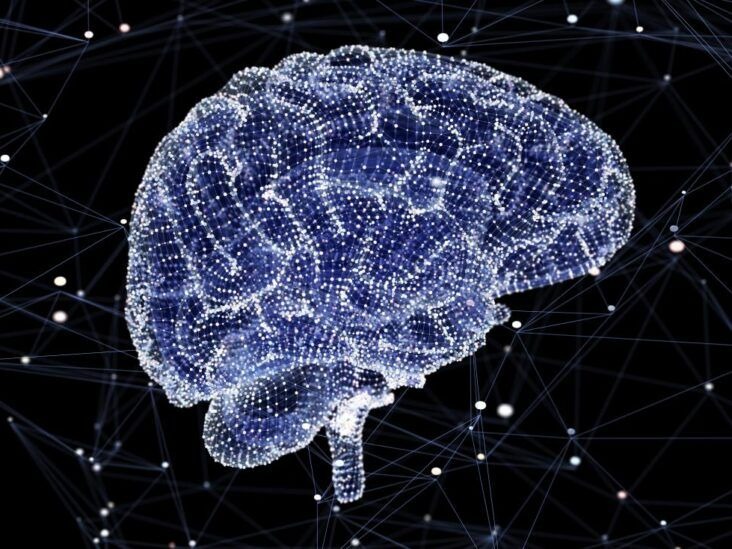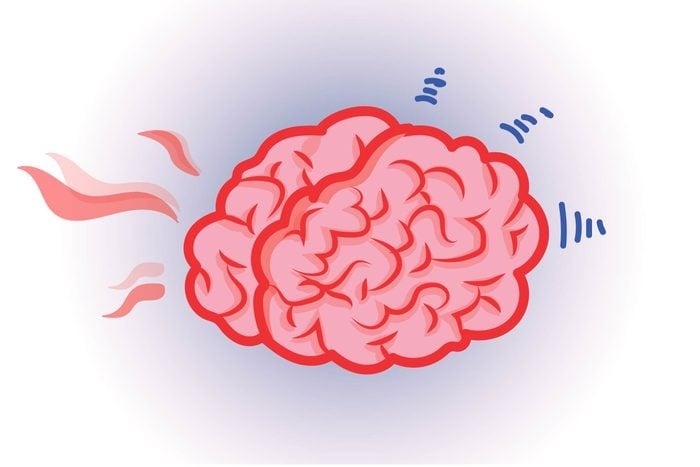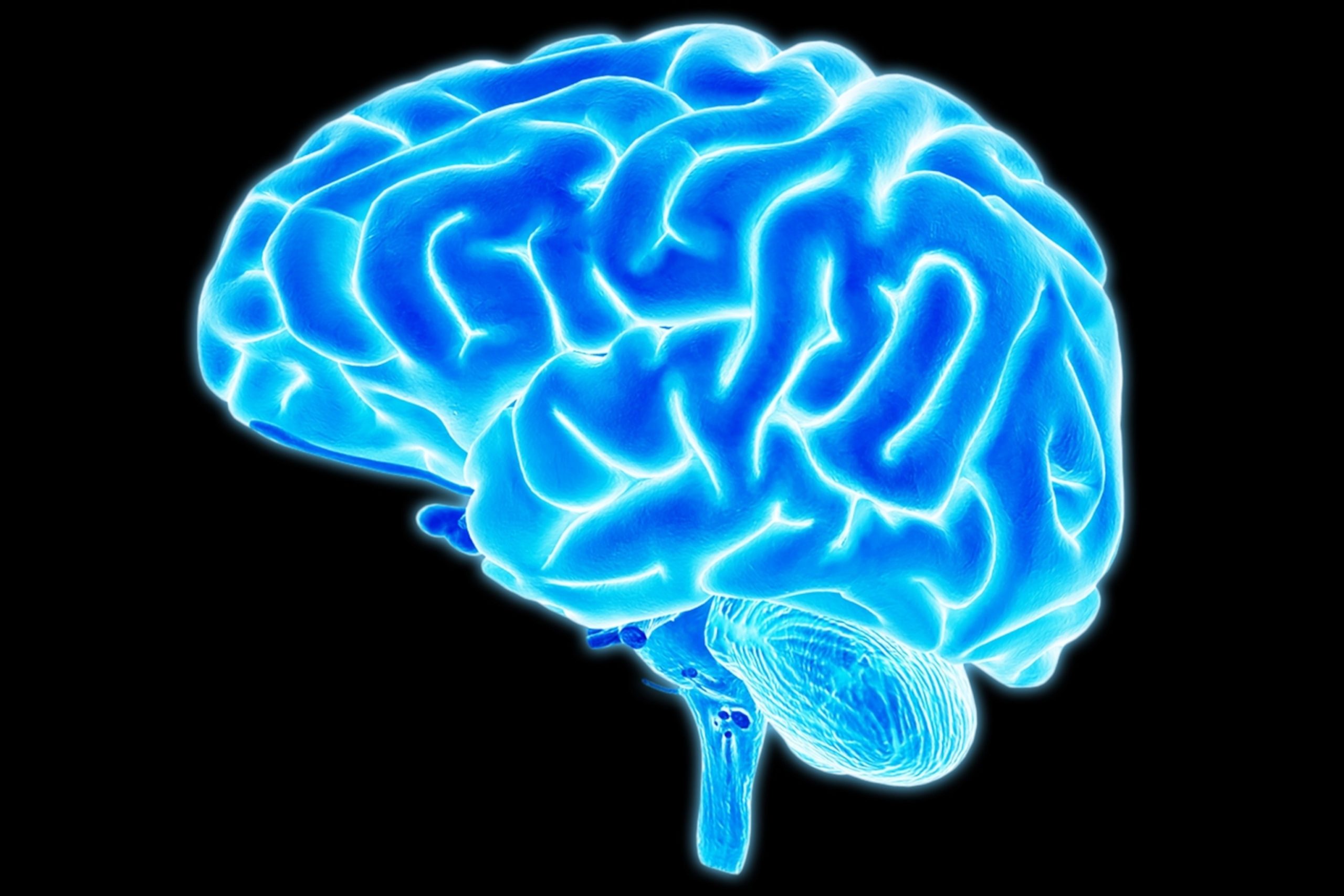One of the things that never ceases to surprise me is the way we think our brain works and how it actually works.
On many occasions, I am convinced that there is a certain way of doing things, only to discover that this is actually the wrong way to think about it. For example, I have always found it quite understandable that we can perform several tasks at once. Well, according to the recent research studies, it is literally impossible for our brain to cope with 2 tasks at once.

Recently I have come across more of these fascinating experiences and ideas that have helped me a lot to adapt my workflow to the real functioning of our brain (instead of what I thought!).
1. Your brain makes creative work better when you are tired
While I was researching the science of our body clocks and how they affect our daily routines, I was interested to find that much of the way I had planned my days was not really the best way to do it. The way we work, in particular, actually has a lot to do with the cycles of our body clocks.
This is how it collapses:
For example, if you are a morning lark, you will want to prefer the morning hours when you feel fresher to perform your most demanding analytical work. Use your brain to solve problems, answer questions and make decisions when you are at your peak
For the partygoers, it’s obviously much after in the day.

On the other hand, if you are trying to do creative work, you will have better luck if you are more tired and your brain is not working as efficiently. It sounds crazy, but it makes sense when you look at the reasons why this is happening. This is one of the reasons why good ideas often pop up in the shower after a long day at work.
When you are tired, your brain is not very good at filtering out distractions and focusing on a specific task. It is also much less effective to memorize the links between ideas or concepts. Both are good things when it comes to creative work, because this type of work requires us to make new connections, be open to new ideas and think in new ways. Thus, a tired and fuzzy brain benefits us much more when we are working on creative projects.
2. Stress can change the size of your brain (and make it smaller)
I bet you didn’t know that stress was actually the most common cause of changes in brain function. I was surprised to discover this while studying how Stress affects our brain.
I also found research that showed signs of decreased brain size due to Stress.
One study used baby monkeys to test the effects of stress on long-term development and mental health. Half of the monkeys were cared for by their peers for 6 months, while the other half stayed with their mother. After that, the monkeys were sent back to typical social groups for several months before the researchers scanned their brains.
In monkeys who had been separated from their mother and cared for by their peers, the stress-related areas of their brain were still enlarged even after several months in normal social conditions.
Although more studies are needed to fully explore this, it is quite scary to think that prolonged stress could affect our brain in the long term.
3. It is impossible for our brain to multitask
Multitasking is something that we have been encouraged to do for a long time, but it turns out that multitasking is actually impossible. When we think that we are performing several tasks at once, we change the context. This means that we quickly switch between different tasks instead of doing them at the same time.
Research shows that your error rate increases by 50% and that it takes you twice as long to get things done.

The problem with multitasking is that we divide the resources of our brain. We pay less attention to each task and we probably do worse with everyone:
When the brain tries to do two things at once, it divides and conquers it, dedicating half of our gray matter to each task.
